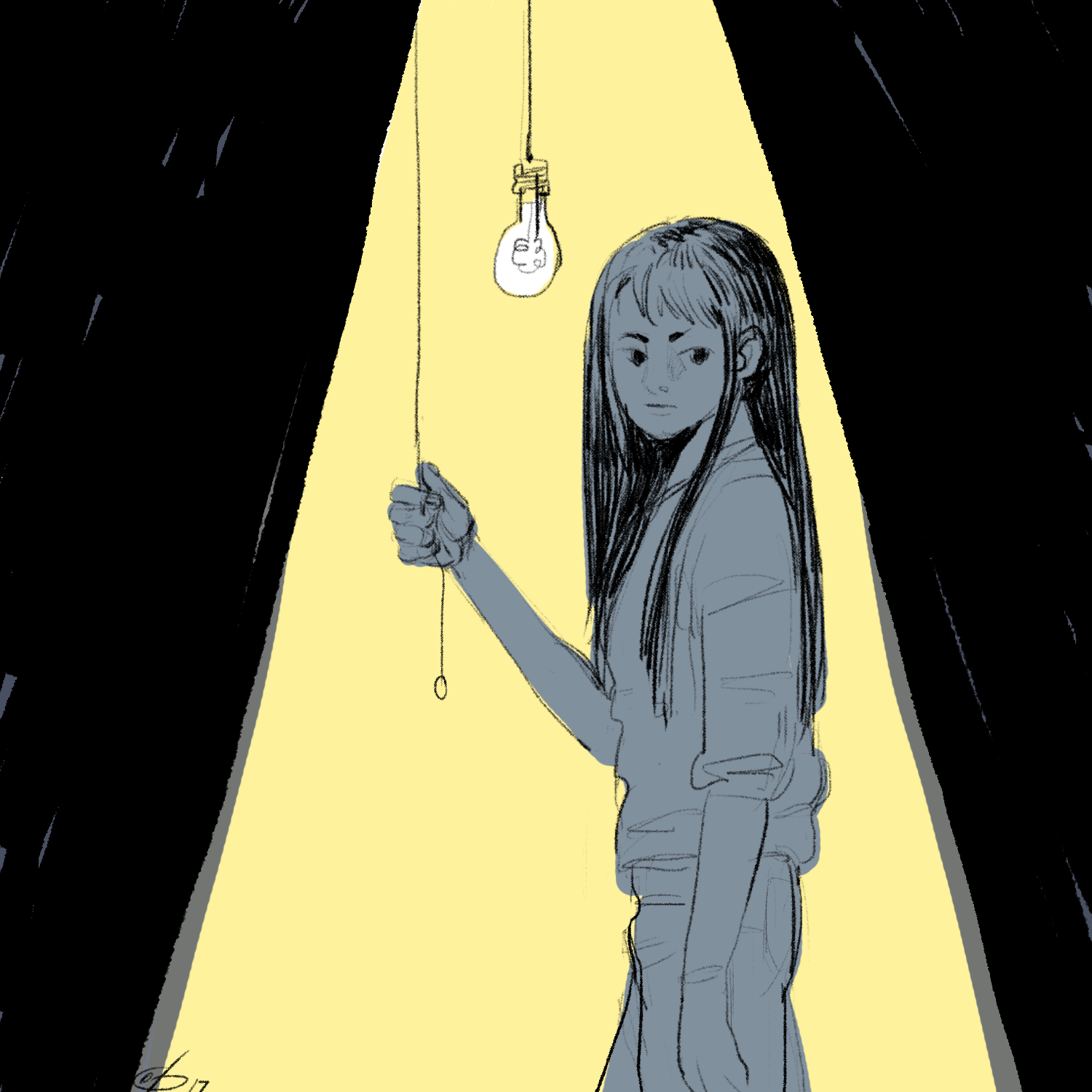Blackout Sex Is Rape
Anonymous


Content warning:
The following text describes sexual assault and violence, and can be disturbing and/or triggering for some readers. Please find resources listed at the bottom of the article.
One night during my first month of college out with a few friends, I happened to run into a boy I knew from high school on Spruce Street. Everyone was drunkenly milling about, as per usual on a Friday night around that area of campus. He tagged along with us to frat parties. I blacked out at some point. I don't remember any part of what happened afterwards. I don't remember who initiated it. I don't remember leaving the party with him, away from my friends. I don't remember him taking me back to his high rise apartment. I do remember waking up naked in his bed at 7 a.m. the next morning.
Stunned, or even shocked, is the wrong word to describe how I felt in those minutes before I shakily and shamefully walked back to the Quad in rumpled, sweaty clothes. I just felt so hollow. That is the exact word that I personified. A year later, I'm still coming to terms with being assaulted and feeling comfortable to talk about the night with a few select friends.
I've always been told your rapist is most likely to be someone you know. I see the guy sometimes on Locust Walk or randomly in Huntsman. I don't feel afraid of him. I don't believe he is inherently evil or immoral. I don't even think I hate him. Should I feel angrier and want to hurt him back, just like he hurt me? I don't know. I'm sure about the following: blackout sex is rape, nonconsensual, and wrong even though Penn culture trivializes it. Don't engage in it, don't promote it, don't tell your friends it's okay.
The HELP Line: 215-898-HELP:
A 24–hour–a–day phone number for members of the Penn community who seek help in navigating Penn's resources for health and wellness.
Counseling and Psychological Services: 215-898-7021 (active 24/7):
The counseling center for the University of Pennsylvania.
Student Health Service: 215-746-3535:
Student Health Service can provide medical evaluations and treatment to victims/survivors of sexual and relationship violence regardless of whether they make a report or seek additional resources. Both male and female providers can perform examinations, discuss testing and treatment of sexually transmissible infections, provide emergency contraception if necessary and arrange for referrals and follow up.
Reach–A–Peer Hotline - 215-573-2727 (every day from 9 p.m. to 1 a.m.):
A peer hotline to provide peer support, information, and referrals to Penn students.
Penn Violence Prevention: 3539 Locust Walk (Office Hours: 9 am – 5 pm), (215) 746-2642, Jessica Mertz (Director of Student Sexual Violence Prevention, Education) jmertz@upenn.edu,
Read the Penn Violence Prevention resource guide.
Sexual Trauma Treatment Outreach and Prevention Team:
A multidisciplinary team at CAPS dedicated to supporting students who have experienced sexual trauma.
Public Safety Special Services:
Trained personnel offer crisis intervention, accompaniment to legal and medical proceedings, options counseling and advocacy, and linkages to other community resources.
Penn Women's Center: 3643 Locust Walk (Office Hours 9:30 am – 5:30 pm Monday–Thursday, 9:30 am – 5 pm Friday), pwc@pbox.upenn.edu. PWC provides confidential crisis and options counseling.